

Articles

As the pandemic unfolded, our stories shifted to reflect the hidden epidemics and issues facing Mendocino County that were eclipsed by pandemic coverage, guided by the topics highlighted by our community engagement effort.
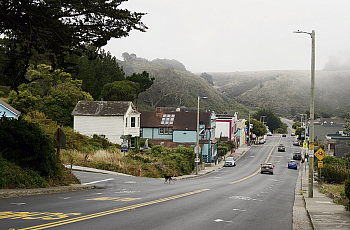
Dana Ullman is reporting on health-related stories for The Mendocino Voice with support from the USC Annenberg Center for Health Journalism. This article was produced as a series for the 2021 Center for Health Journalism California Fellowship.
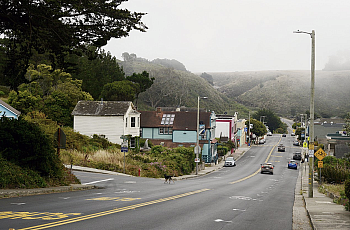
Dana Ullman is reporting on health-related stories for The Mendocino Voice with support from the USC Annenberg Center for Health Journalism. This article was produced as a series for the 2021 Center for Health Journalism California Fellowship....

Birthing parents report isolation during the pandemic and stress after the closure of the labor and delivery center in Fort Bragg last year, revealing strains on maternal healthcare in Mendocino County.

Dana Ullman is reporting on health-related stories for The Mendocino Voice with support from the USC Annenberg Center for Health Journalism. This article was produced as a series for the 2021 Center for Health Journalism California Fellowship....

Over the past two years, at least 16 people at the Mendocino County jail have overdosed while in custody.

Dana Ullman is reporting on health-related stories for The Mendocino Voice with support from the USC Annenberg Center for Health Journalism. This article was produced as a series for the 2021 Center for Health Journalism California Fellowship....
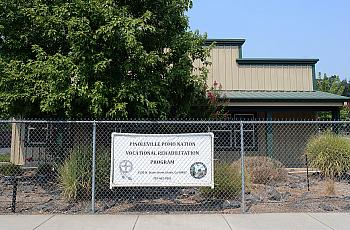
The Pinoleville Pomo Nation is making efforts to address the increase of suicide in communities across the county.
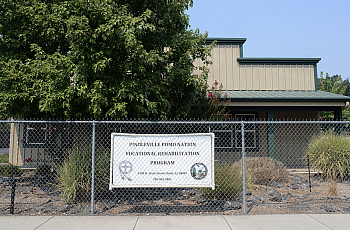
Dana Ullman is reporting on health-related stories for The Mendocino Voice with support from the USC Annenberg Center for Health Journalism. This article was produced as a series for the 2021 Center for Health Journalism California Fellowship.
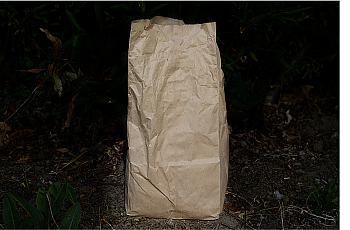
Harm reduction uses a variety of strategies to address the negative consequences of active drug use; those strategies may range from syringe exchange to housing help, from counseling services to drug treatment.
